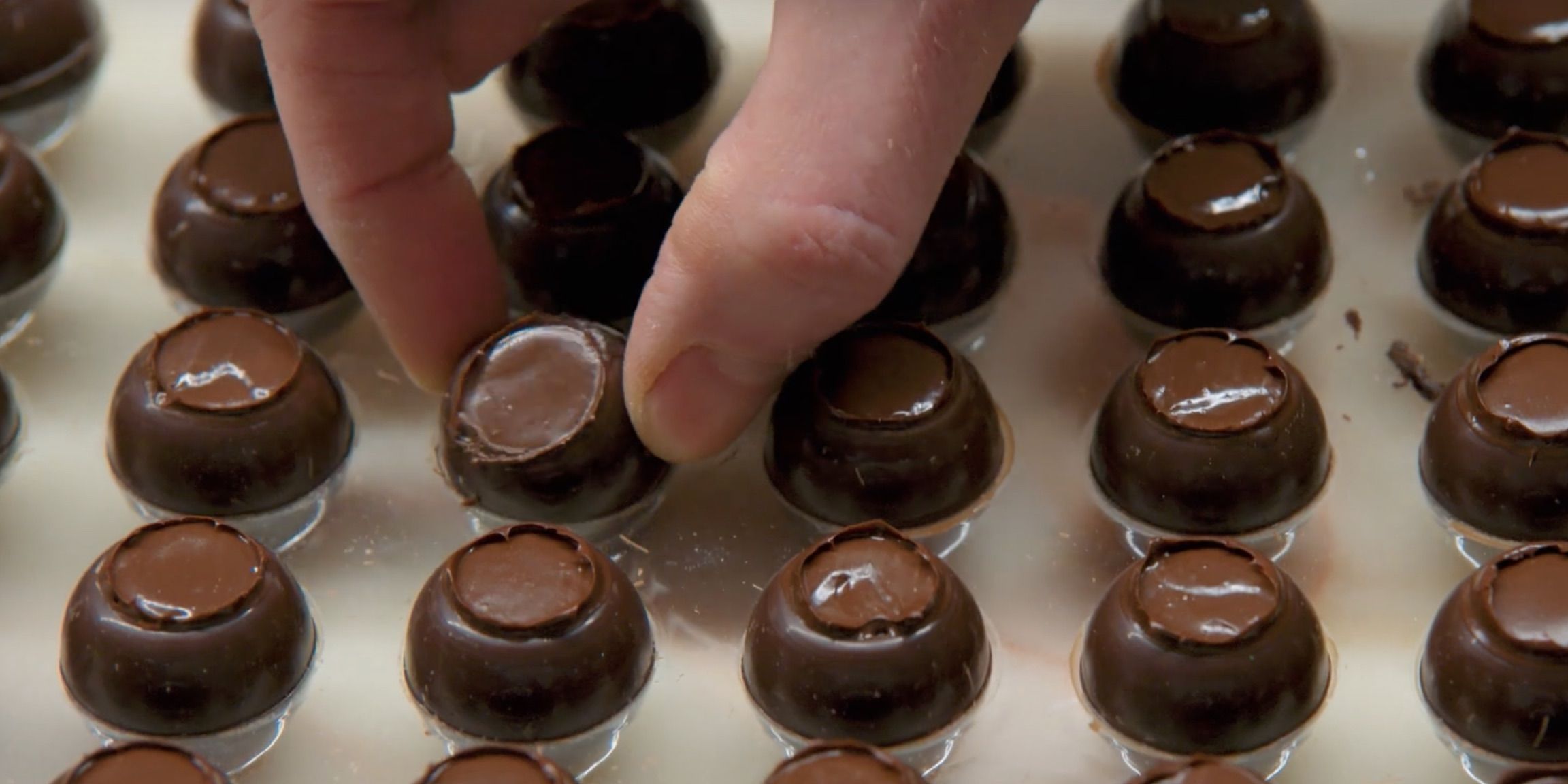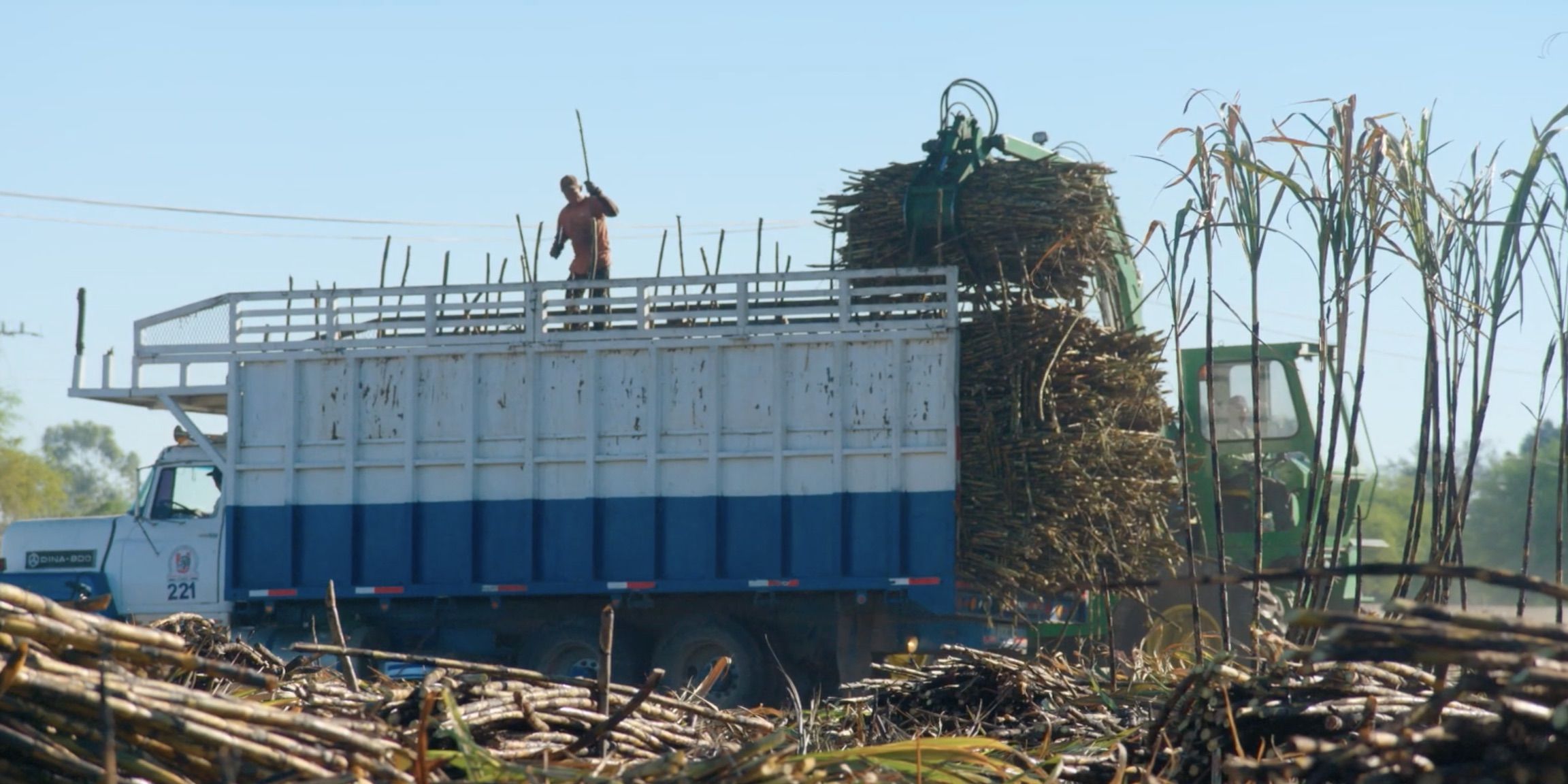As consumers, we rarely take note of where our products are coming from. However, sometimes we are made aware of issues in the production of our products. For instance, the use of sweatshops by clothing brands and technology manufacturers has led to a demand for a fairer work environment for those workers and greater pay.
Additionally, recent climate activism has led some companies, such as Apple, to consider the recyclability of their products, causing them to include more recycled materials in their products. That being said, there are countless industries that manage to fly under the radar when it comes to their production. It is these industries that are the focus of Netflix's Rotten. This article will list the 10 most shocking things explored by Rotten.
Marijuana Highs
In this episode, Rotten explores how, as marijuana is becoming accepted more around the world, a new cannabis edibles industry is growing. That being said, while cannabis has been used for decades and, due to public opinion, is now being legalized or decriminalized around the world, our understanding of cannabis is still not as deep as it ought to be.
With regard to edible cannabis, the effect can be entirely unpredictable as there is no reliable dosing. This means that, when eating an edible, the consumer is entirely at the mercy of the chef; Consequently, the consumer may suffer from receiving too strong a dose. This episode shows what can happen when edibles go bad.
Sugar
The huge demand for sugar around the world has had a devastating impact on both humans and on the environment. On the human side, workers are being exploited and underpaid for their work in poorer nations and countries.
Not only are they underpaid and overworked, but their working conditions are far from safe due to the work required in order to actually farm the sugar cane. In addition to this, the farming process of sugar is also incredibly harmful to the environment.
Bottled Water
While not the main focus of this section, one particularly shocking element was the gargantuan size of the bottled water industry. Rotten revealed that bottled water is more popular than both coffee and beer in the United States. It is because of this that the bottled water industry is, surprisingly, worth more than the movie industry.
However, the most shocking aspect of this episode is the impact that the bottled water industry has on local communities, as well as how many lawsuits bottled water companies, particularly Nestlé, have had to attend. The most devastating impact of bottled water is on local communities, as they are having their local water supplies diminished by bottled water companies.
Chocolate Woes
This episode truly highlights the importance of making sure that the chocolate you buy in shops is labeled as fair trade. Rotten explains that chocolate is a business that rife with corruption and supported by the exploitation of workers. Most chocolate farms are in West Africa and the cocoa farming business, unlike soy and coffee, has not improved much beyond how it was farmed in the 1920s, this means that the farms in West Africa, in nations such as the Ivory Coast and Ghana, are dependent upon manual labor.
The episode will even go as far as to describe the treatment of workers as slave labor due to how little the workers are paid. Not only is there a human impact from cocoa farming, but there is also a devastating environmental impact, as thousands of acres of land are being deforested for the chocolate industry.
Garlic
Garlic is one of the world's most popular foods and it is used in countless cuisines around the globe. This widespread use of garlic means that the global population consumes almost 50 billion pounds of garlic per year. This high demand means that, as an industry, garlic generates around 40 billion USD per year.
While no one really thinks about the garlic they pick up in the shop, Rotten explores allegations of forced prison labor in China to grow garlic, most of which will be exported to the United States. Further, this episode also showcased the shocking story of some small garlic farmers who tried to take on a huge garlic company.
Bees And Honey
Honey is seen as a natural sweetener and has been part of human society for millennia. However, while humans have been farming bees to produce honey for thousands of years, the recent industry facilitated demand for honey has led to a decrease in bee habitat and a decrease in the bee population of the world.
In addition to the environmental impact of bee farms, the quality of the honey from certain bee farms is also notoriously sub-standard, with one expert on Rotten even describing it as 'not honey'.
Over Fishing
In this episode, Rotten focusses on the plight of US fishermen. The demand for seafood has led fishermen to increase their catches to meet demand. However, meeting this demand has negative impacts on fisheries around the US.
The most notable impact is that overfishing reduces the amount of fish in the sea, which in turn, leads to fishermen catching fewer fish. This impact on the US' native fish supply means that more fish have to be imported. Rotten estimates that almost 94% of the fish eaten by Americans come from foreign countries, most of which have been farmed in unknown conditions.
Chicken Farms
This time, Rotten explores the chicken industry in the United States. Not only does the show explore some of the 'assembly line' conditions in which the chicken has to live before slaughter, but it also explores the life of 'growers'. These growers are individuals who 'grow' the chicken for a parent company before slaughter. However, the Netflix show also explores the exploitative nature of the parent companies over the growers. For instance, the average chicken costs more than 7 dollars in a supermarket, but a grower will only be paid 36 cents to raise that chicken.
Perhaps the most shocking aspect of this episode, though, was the description of an unknown intruder who murdered thousands of chickens in several farms owned by growers.
Wine Terrorists
Wine is a symbol of French identity, with a large portion of the world's wine being grown in France. However, this French dominance of the wine market has started to wane in recent years. As a consequence, French winegrowers in the south of the country have been violently rising up in order to make their anger known.
The French winemakers are not just annoyed at the rise in foreign wine, they are also enraged at wine companies that label foreign wine as French wine. They see this as an attack on their way of life, as it not only hurts their income but also hurts the traditions of their vocation. What is truly shocking in this episode, however, is the length that these winemakers will go to defend their way of life.
Avocado Wars
The first episode of season 2 of Rotten is focussed on the humble avocado. Rotten showcases how the avocado has managed to grow from the niche and into the mainstream. However, the Netflix show also highlights the impact that avocado farming has had on environments and people. The most notable effect on an environment was shown to be in Chile. Due to avocado farming in the South American nation, rivers have run dry and small farmers are being pushed to the side for large avocado farmers, who receive most of the available water.
In addition to the overfarming of avocados in Chile, the popularity of avocados has also led to gang wars in Mexico around the avocado business. The episode tells the harrowing tale of a farmer whose father was kidnapped in order to extort money from his avocado farm.











